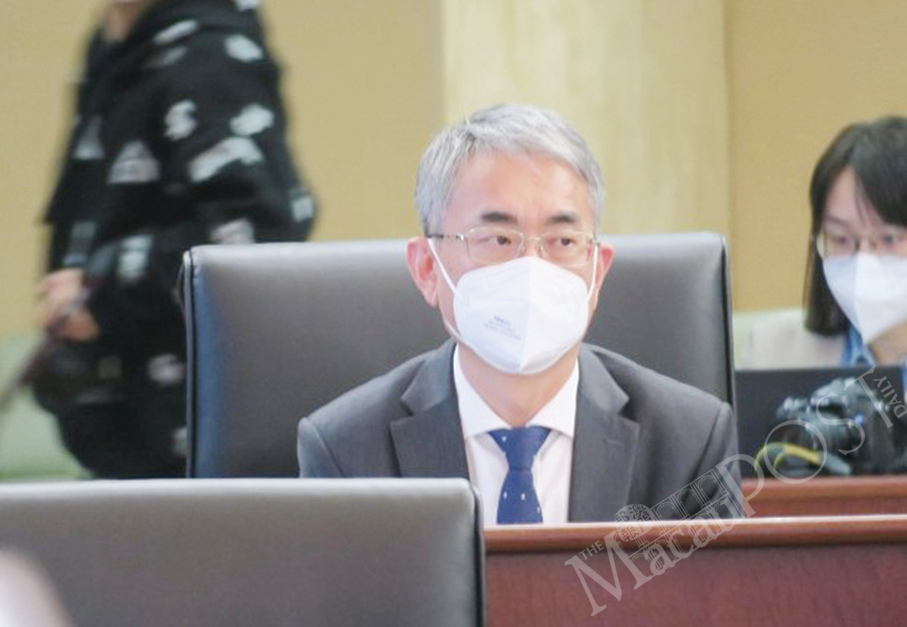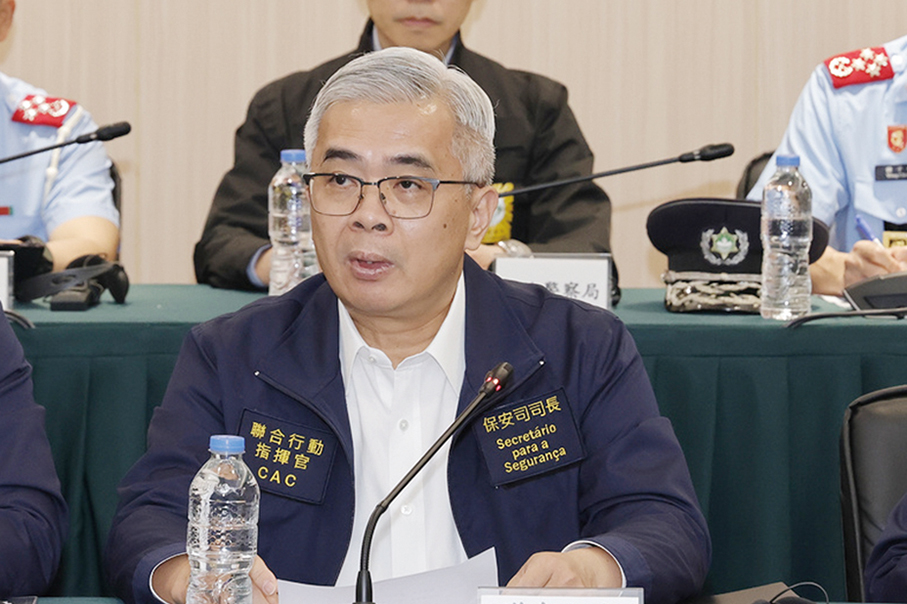The Legislative Assembly (AL) has passed a government-initiated bill regulating the city’s urban renewal process, according to which, from June 1 next year only at least 80 percent of condominium unit ownership will be required to agree to the redevelopment of buildings that are older than 40 years.
According to the new law, which will take effect on June 1, 2023, the minimum proportion of condominium unit ownership required to agree to the redevelopment of their building will be 85 percent for buildings that are between 30 and 40 years old.
Currently a building can only be redeveloped if all of its condominium unit owners agree to the redevelopment.
After its outline was passed during a plenary session of the legislature in December last year, the urban renewal bill was reviewed in various closed-door meetings by one of the legislature’s standing committees, before it was resubmitted to another plenary session on Monday for its second and final debate and article-by-article vote.
For buildings whose demolition has been ordered by the government after they have been officially classified as dilapidated or posing a danger to public health and safety, only at least 60 percent of condominium unit ownership will be required to agree to the redevelopment of their building, according to the new law.
Secretary for Administration and Justice André Cheong Weng Chon attended Monday’s plenary session when the bill was voted on article-by-article in its second and final reading.
In addition to residential buildings, the new law will also cover other types of condominium buildings such as commercial and industrial ones.
In the case when the officially required minimum percentage of condominium unit ownership agreeing to the redevelopment of their building has been achieved, according to the new law, if the condominium unit owners wanting the redevelopment still cannot persuade the remaining condominium unit owners, i.e., those who do not want the redevelopment, to back the project, an arbitration process can be initiated as a way to make it compulsory for the remaining condominium unit owners to participate in the redevelopment of their building.
According to the new law, those who do not accept the arbitrator’s decision, i.e., those who still do not agree with the redevelopment) can appeal to the Court of Second Instance (TSI) against the decision.

Secretary for Administration and Justice André Cheong Weng Chon addresses Monday’s plenary session in the Legislative Assembly’s (AL) hemicycle. – Photo courtesy of TDM








